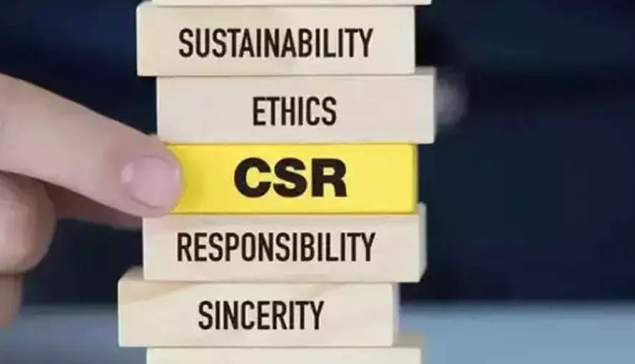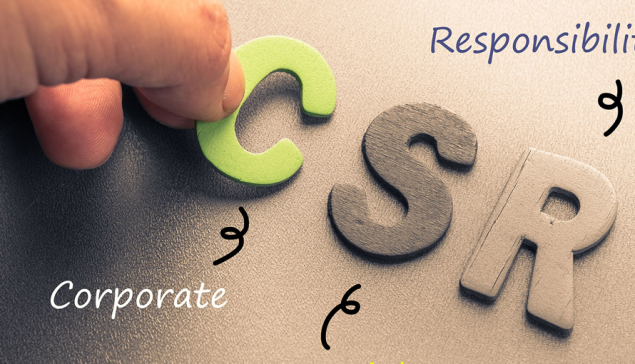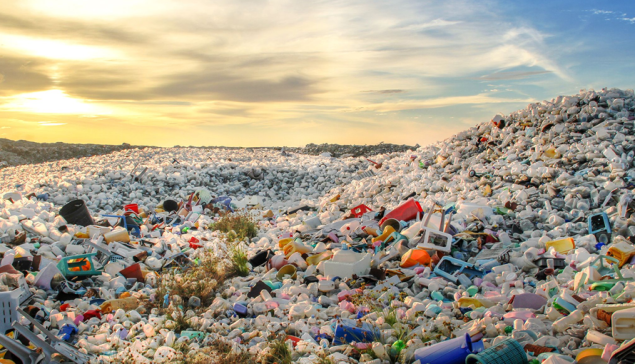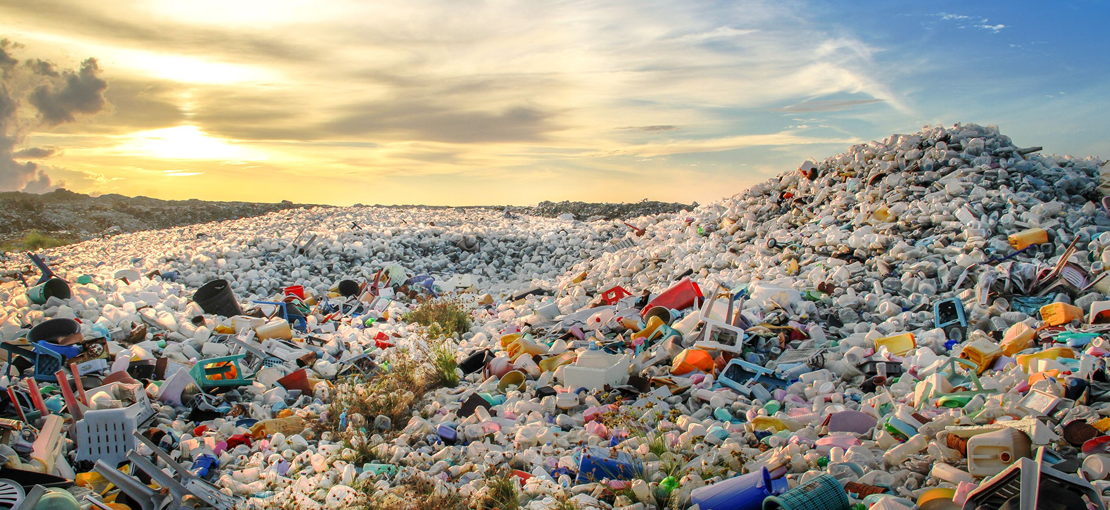Transitioning to a Zero-Waste Lifestyle: Challenges, Benefits, and Strategies
The transition to a zero-waste lifestyle is gaining popularity as individuals become increasingly aware of environmental concerns and the impact of waste on the planet. This subject explores the concept of zero-waste living and delves into the challenges, benefits, and strategies associated with making this lifestyle shift.
Section 1: Understanding Zero-Waste Living
Definition of Zero-Waste: Define what zero-waste living means, emphasizing its goal of reducing waste to a minimum by reusing, recycling, and minimizing consumption.
Environmental Impact: Highlight the environmental impact of waste generation, including pollution, resource depletion, and habitat destruction.
Section 2: Challenges of Transitioning
Consumer Culture: Discuss the challenges of breaking away from a consumer culture that encourages excessive consumption and disposability.
Convenience vs. Sustainability: Explore the tension between convenience and sustainability and how it can be a barrier to adopting zero-waste practices.
Social and Peer Pressure: Address the social and peer pressure that individuals may face when attempting to adopt unconventional lifestyles.
Section 3: Benefits of a Zero-Waste Lifestyle
Environmental Benefits: Explain how a zero-waste lifestyle reduces environmental harm, conserves resources, and mitigates climate change.
Financial Savings: Discuss the potential for financial savings through reduced consumption and waste.
Health and Well-being: Explore the potential health and well-being benefits of adopting a simpler and more mindful lifestyle.
Section 4: Strategies for a Successful Transition
Reduce, Reuse, Recycle: Provide practical guidance on the principles of reducing, reusing, and recycling as the foundation of a zero-waste lifestyle.
Sustainable Shopping: Offer tips for sustainable shopping, including buying in bulk, choosing eco-friendly products, and supporting local and ethical brands.
Waste Reduction at Home: Discuss strategies for reducing waste in various aspects of daily life, such as in the kitchen, bathroom, and wardrobe.
Community Engagement: Emphasize the importance of community involvement, such as participating in local zero-waste initiatives and supporting community composting programs.
Section 5: Case Studies and Success Stories
Profiles of Zero-Waste Advocates: Share stories and experiences of individuals and families who have successfully transitioned to a zero-waste lifestyle.
Section 6: Conclusion and Call to Action
Future Prospects: Discuss the potential for broader adoption of zero-waste practices and the role of individuals in promoting sustainability.








